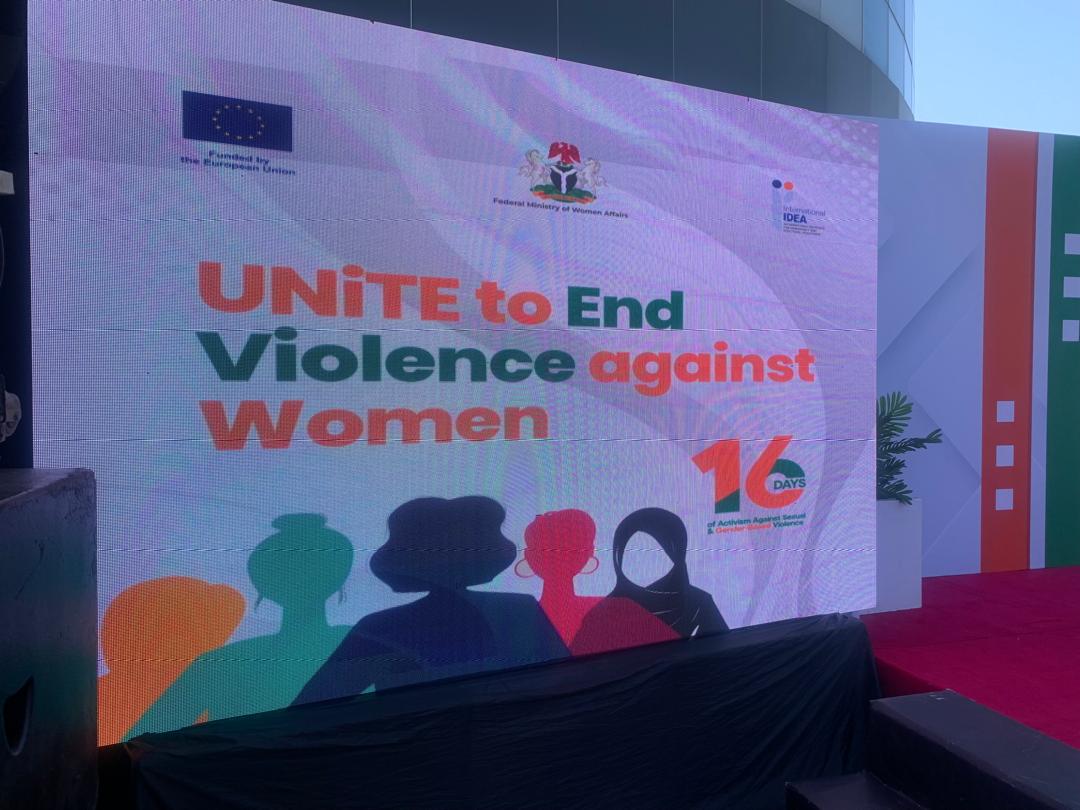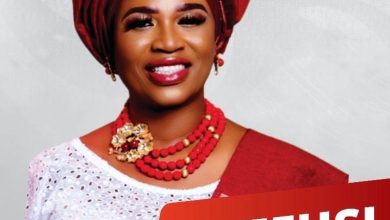
|
Getting your Trinity Audio player ready...
|
On December 10, in a bid to find sustainable solutions to end male violence against women and girls (MVAWG), Naija Feminists Media (NFM) hosted a discussion with about 1,000 participants to strategise how to facilitate behavioural change among male abusers of women and girls.
Over the years, MVAWG has persisted in Nigeria, and NFM has documented many of these incidents here, here, and here. A report by the United Nations Population Fund also reveals that in the North East, 1 in 3 Nigerian women experience physical violence by age 15, including forced marriages and sexual assaults. DOHS Cares Foundation recorded over 108 cases of women murdered by men they knew within the past 11 months, showing that there is an urgent need for action.
As such, NFM’s virtual discussion on X space, themed “Facilitating Behavioural Change from Male Perpetrators of Violence Against Women and Girls,” which was also the concluding initiative of NFM’s #16DaysofActivism campaign, was an intellectual rigorous session among various societal stakeholders that lasted almost two hours. The engaging conversation was moderated by NFM’s founding director, Simbiat Bakare, who stressed the importance of a perpetrator-focused approach to ending male violence against women and girls (MVAWG).
“For far too long, conversations about violence against women and girls have focused on what women should or should not do,” she said, pointing out that despite initiatives like the 16 Days of Activism, violence against women and girls continues. Simbiat also emphasised the need for strategies to communicate messages targeting perpetrators effectively to bring about real change.
Sharing strategies on how to mitigate male violence against women, Gladys Emmanuel, a Human Rights lawyer and gender advocate, proposed restorative justice. She said offenders must undergo rehabilitation alongside punitive measures to foster accountability and empathy. Gladys also called for community-based initiatives, such as men’s accountability circles, and emphasised gender-sensitive training for law enforcement and judiciary officials. These efforts, she argued, would help create a societal shift toward equality and prevent victim-blaming in the justice system.
Elizabeth Ogunbamowo, a researcher and fact-checker with DUBAWA, discussed the need to focus on male perpetrators in efforts to combat violence against women. She highlighted alarming statistics, including that nearly one-third of women worldwide have experienced violence from a partner, and emphasised the importance of addressing the root causes of male violence. Elizabeth referenced shocking cases, such as a Nigerian man who murdered his wife with a skateboard, as evidence of the pervasive violence women face.
She also spoke about the media’s role in fostering a literate society that respects women and girls, recounting her own experience with biased media reporting. She called for media training to use accurate, unbiased language when reporting on gender-based violence and stressed the need for victim-centred reporting to avoid stigmatising survivors. Elizabeth also recommended that the media challenge harmful social norms and provide platforms for support groups and activists to amplify victims’ stories.
Yibari Majesty Kingsley, President of The Ladies of the Wig Foundation & Vice President of The Tax Club University of Port Harcourt, then outlined Nigeria’s legal frameworks designed to protect women from violence, including the Violence Against Persons Prohibition Act (VAPP) and the Child Rights Act. She discussed the constitutional and statutory provisions that safeguard women’s rights, urging stronger enforcement of these laws to hold perpetrators accountable. Yibari also advised against a “guilty-until-proven-innocent” approach, which she warned could lead to wrongful accusations and further harm to survivors.
During the conversation, Simbiat asked Bukola Taiwo, a gender justice advocate, about the effectiveness of the “guilty-until-proven-innocent” approach in tackling male violence against women. Bukola believed it might lead to human rights violations and emphasised the importance of evidence-based approaches. She outlined strategies like early education on gender equity, enforcing laws like the VAPP Act, and providing gender-sensitive training for law enforcement. She also advocated for behavioural change programmes aimed at helping men unlearn abusive behaviours and promoting positive masculinity.
Deborah Ekone, a lawyer and women’s rights advocate focusing on behavioural change, discussed the societal and systemic barriers to eradicating gender-based violence. She criticised the failure of Nigeria’s legal system to enforce laws effectively, calling for rehabilitation centres for male abusers and fundamental mindset changes. Deborah acknowledged the need for men’s involvement but stressed that women must take leadership roles to drive meaningful progress.
Tinuade Mary, a feminist and survivor, shared her personal experience with MVAWG. She reflected on the discouraging response she received from the police and emphasised the importance of preventing men from hurting women.
Yibari highlighted the importance of holding law enforcement accountable for their role in perpetuating abuse, citing incidents where police officers have trivialised serious cases of violence or even perpetuated the abuse. She also shared that organisations such as the International Federation of Women Lawyers (FIDA), Mirabel Center, and Stand to End Rape offer free legal services to victims of MVAWG.
ASP Olubunmi Olamiju, a law enforcement official in the public relations department, shared that the Nigerian Police Force is training more officers on handling gender-based violence issues. She, however, suggested that the force should have stronger partnerships with organisations like UN Women to ensure that men were held accountable. She also admonished Nigerians to write a letter to the office of the gender advisor for any assistance they need regarding male violence against women and girls.
In more solutions-focused advice, Zainab Monisola Olaitan, a Research Fellow at the Institute for Pan-African Thought and Conversation, discussed the impact of toxic masculinity on violence against women and advocated for shifting the focus of campaigns like the 16 Days of Activism toward men. She stressed the need for personal reflection among men to deconstruct harmful gender norms and noted that women who are gatekeepers of patriarchy also need to unlearn that mindset.
Through candid discussions and expert contributions, the event showed the urgent need for a systemic and societal shift toward accountability, education, and rehabilitation. While significant challenges remain, the consensus among speakers was clear: change begins with targeting the root causes of violence and fostering a culture of equality and respect for women.






